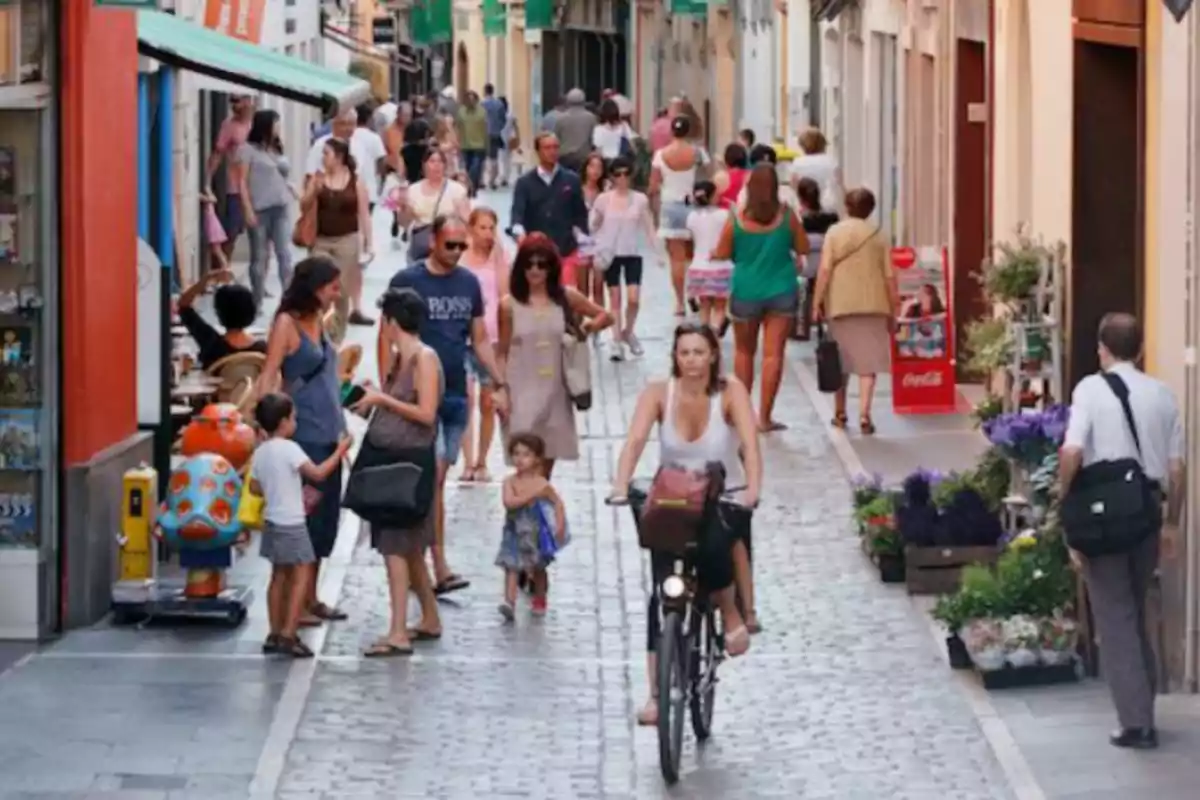
Sant Cugat removes 4,000 people who were irregularly registered
Registration and social services place municipal policy at the center of the debate
Sant Cugat City Council has removed more than 4,000 people from the municipal register after detecting irregularities that had accumulated over recent years. Deputy Mayor Jordi Puigneró (Junts) announced this, accusing the previous administration of having kept a lax and disorganized policy. Puigneró explained that this has caused a serious gap between the official census and the actual resident population.
He said that during the years of the municipal tripartite's term, only about 14 people in total were removed between 2020 and 2023. "These figures didn't reflect Sant Cugat's population reality at all," he stated. In contrast, his administration has, in just a year and a half, cleaned up the register with thousands of accumulated removals. The city council considers this proof that they "brought order" after a period of "administrative neglect."
Casa Mònaco controversy and the debate over the "call effect"
One of the main points of controversy has been the case of Casa Mònaco, a municipal building where more than 500 people were registered without any known effective residence. Although some of those situations could be justified, the figure was disproportionate compared to other municipalities: "Three times that of Sabadell, four times more than Rubí or Cerdanyola," he pointed out. After the review, the figure has been reduced to about 400 people.

In any case, it's key to understand that this episode fuels a rapidly growing debate in Catalonia. It's about the use of the municipal register as a gateway to social services in a context of high migratory pressure. In this regard, Sant Cugat isn't an isolated case.
Municipalities across the political spectrum—including historically progressive strongholds like Girona—have tightened their registration criteria in recent months. Some have followed the example of Sílvia Orriols in Ripoll, whose strict control of municipal records was once labeled "xenophobic." Now, however, it serves as a model even for left-wing city councils.
Adjustment in Catalan policy
The background, ultimately, is clear: pressure on public services is increasing. This way, many city councils complain that uncontrolled registration can distort the allocation of resources. This is especially true in a context like Catalonia's, which faces a severe housing crisis, deficient public services, and a very slow administration.
Finally, this Sant Cugat episode reinforces one of the most important dynamics in current Catalan politics: the centrality of municipal policy. After a decade adrift in ineffectiveness, Catalonia is shifting political prominence from the Generalitat to city councils. This is key to understanding political dynamics such as the rise of Vox or AC, a clear counterpart to Junts's collapse.
More posts: